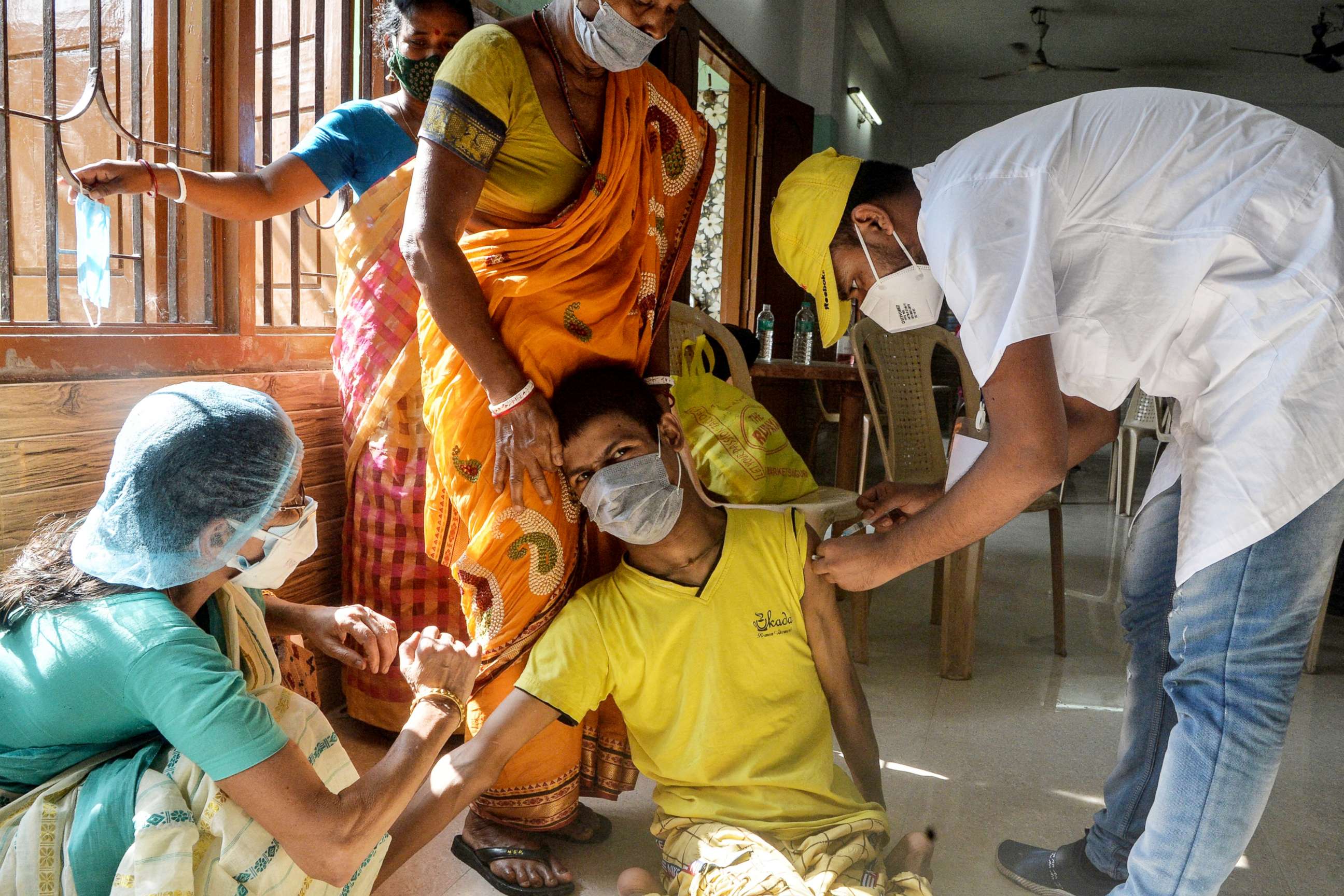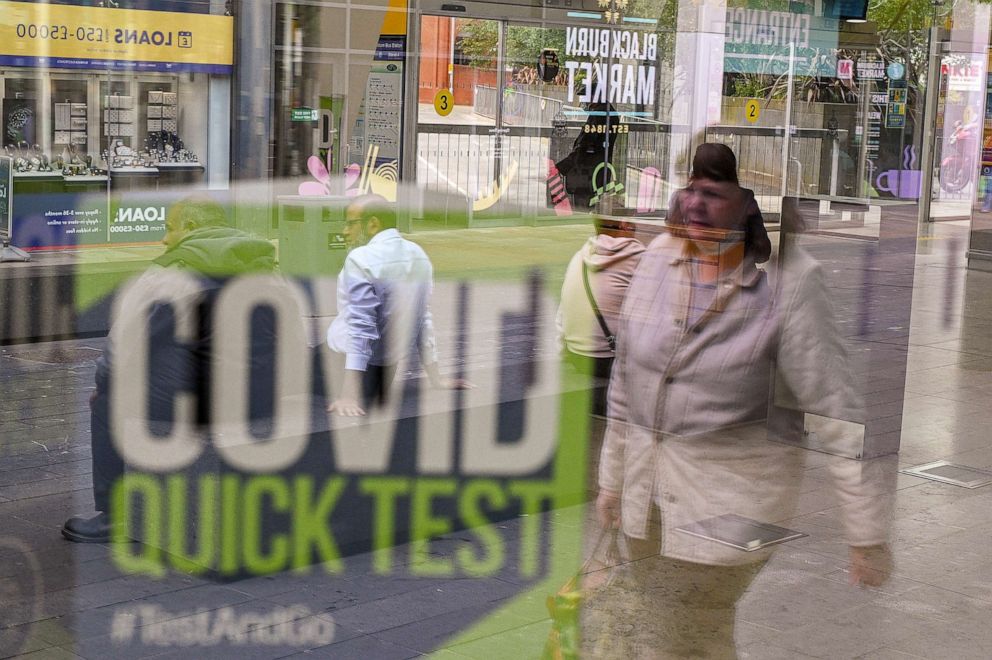Delta COVID-19 variant is now in more than 80 countries, WHO says
"It can overburden the health system and fill beds very quickly," expert warned.
The delta COVID-19 variant, which was first detected in India, has now been reported in more than 80 countries, according to the World Health Organization.
The WHO declared the delta variant a "variant of concern" last month. The Centers for Disease Control and Prevention this week upgraded its classification of delta from a "variant of interest" to a "variant of concern."
Maria Van Kerkhove, the WHO's technical lead for COVID-19, said variants of concern have demonstrated "increased transmissibility."
"That means it has mutations that allow, for example, the virus to adhere to the cell and infect the cell more easily in the person," Van Kerkhove said at a WHO briefing Wednesday. "If it can spread more easily than more people can get infected quickly. And if a system is overwhelmed, and many systems are overwhelmed already, it can overburden the health system and fill beds very quickly."

Dr. Ashish Jha, dean of the Brown University School of Public Health, told ABC News' "Good Morning America" that the delta variant "is far more contagious than any variant we have seen throughout this entire pandemic."
"It also appears to be a little bit more deadly for people who get infected," he said Wednesday. "And what we are seeing is, while our vaccines seem to generally hold up, we're seeing a few more breakthrough infections."
Jha also noted, "Headaches and sore throat are the kind of key features of this variant. Whether that will hold up in larger data, we don't know. But it's something we should keep an eye on."
Vaccination is key to stopping the virus from circulating and more variants from popping up, according to experts.

"We're going to be dealing with these other variants in the future that the vaccines may or may not be able to control," said Nevan Krogan, a molecular biologist at the University of California, San Francisco.
"We've got to get everybody vaccinated, but we need to understand how these viruses are mutating and overcoming our defense mechanisms," he said. "The virus has always been a couple of steps ahead of us. We've got to get a step ahead of it."
ABC News' Erin Schumaker contributed to this report.



